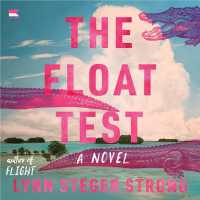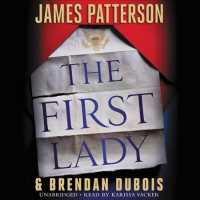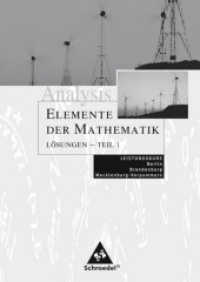- ホーム
- > 洋書
- > ドイツ書
- > Humanities, Arts & Music
- > Linguistics
- > slavic linguistics
Full Description
The Czech Avant-Garde Literary Movement Between the Two World Wars tells the little-known story of the renaissance of Czech literary arts in the period between the two world wars. The avant-garde writers during this period broke down the barrier between the elite literary language and the vernacular and turned to spoken language, substandard forms, everyday sources such as newspapers and detective stories, and forms of popular entertainment such as the circus and the cabaret. In his analyses of the writings of this period, Thomas G. Winner illuminates the aesthetic and linguistic characteristics of these works and shows how poetry and linguistics can be combined. The Czech Avant-Garde Literary Movement Between the Two World Wars is essential reading for courses on modern Czech literature, comparative literature, and Slavic literature.
Contents
Contents: The Antecedents - The Proletarian Movement and the Evolution of Poetist Theory - The Poetist Practice of Vítězslav Nezval - The Poetist Practice of Jaroslav Seifert - The Poetist Prose of Vladislav Vančura - The Relation of the Prague Linguistic Circle to Poetism - From Poetism to Surrealism.








